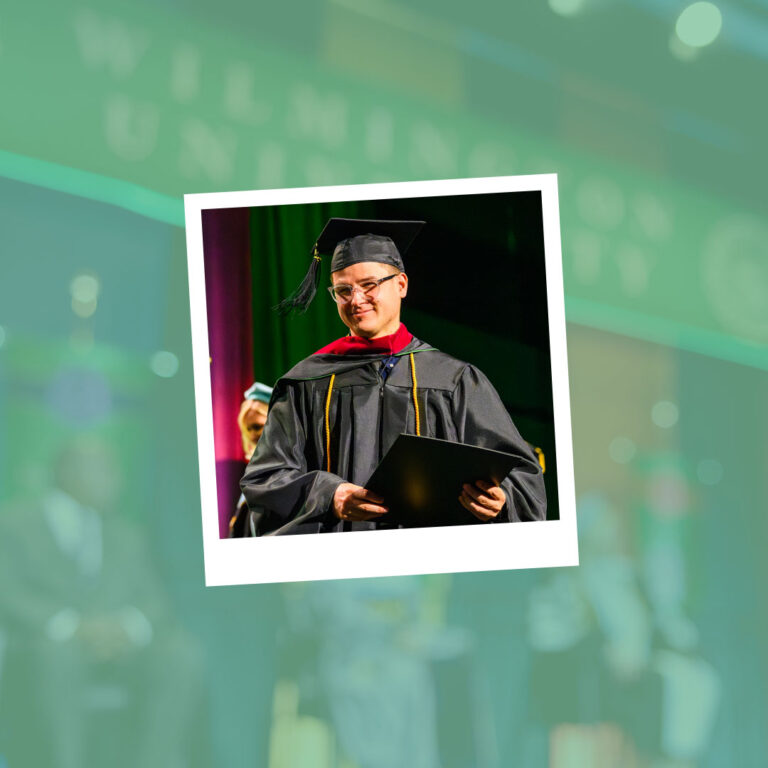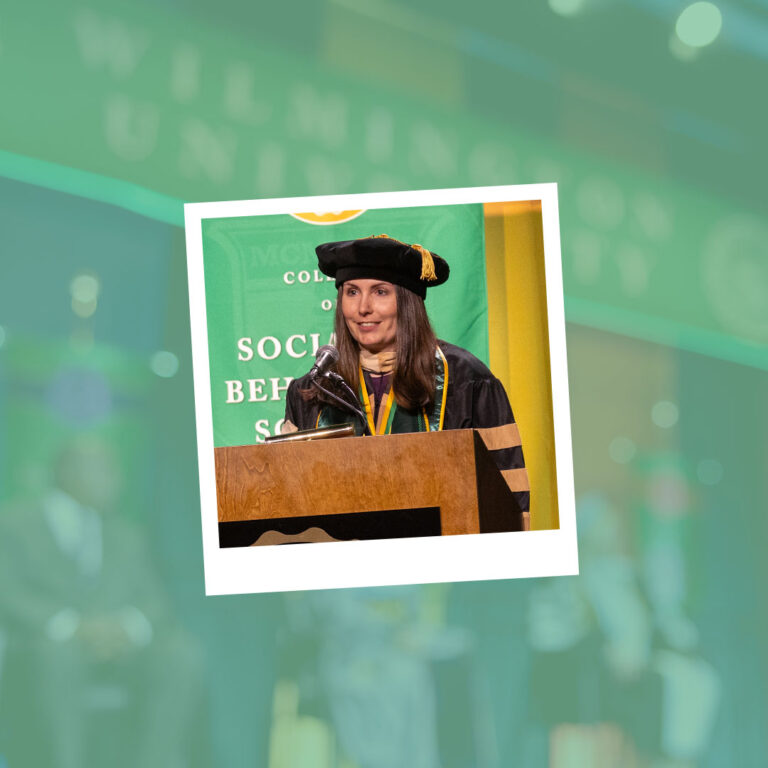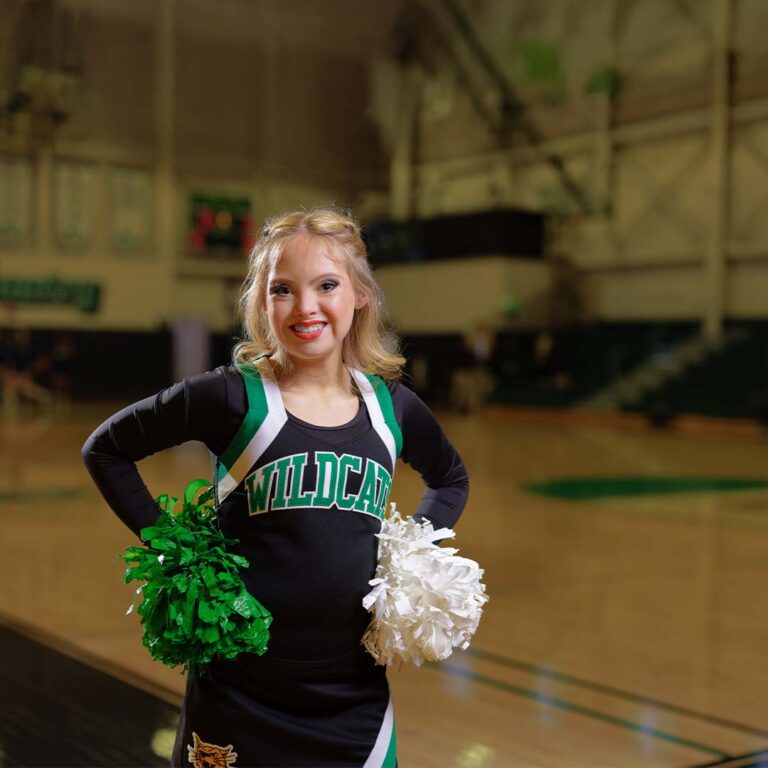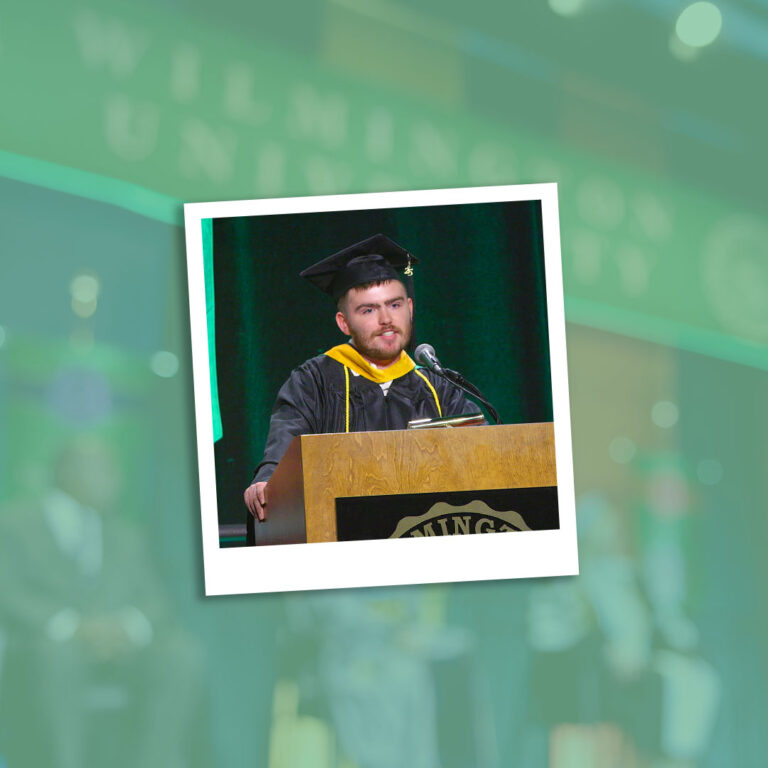Survivor
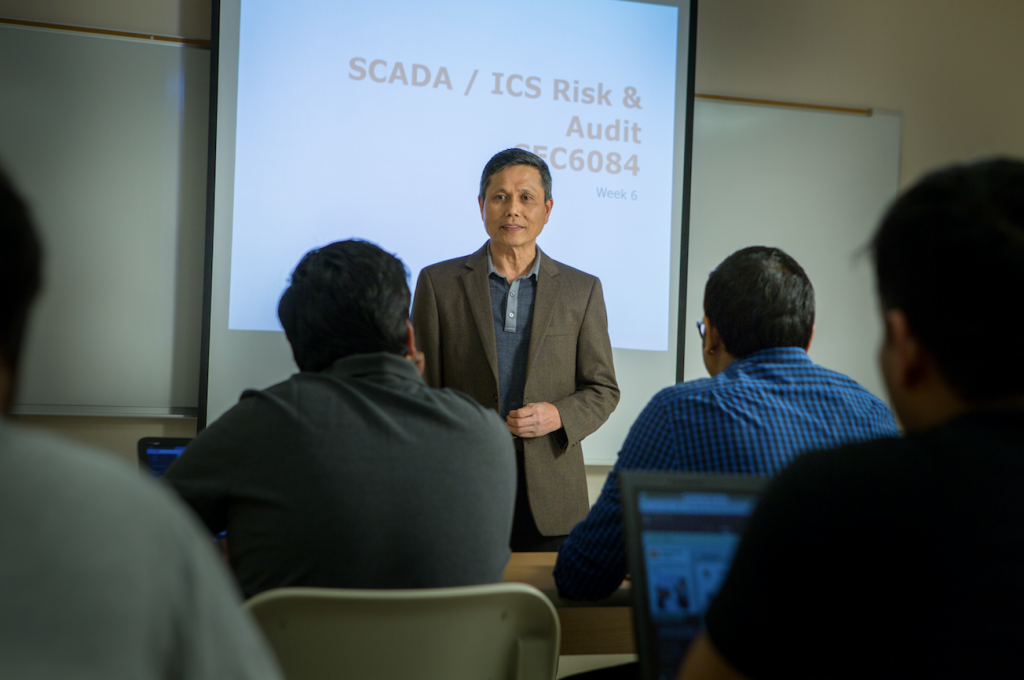
All my life,” says Dr. Lam, “I wanted to touch American soil.” After several months in a Singapore refugee camp, and through the auspices of the Norwegian and U.S. governments, he achieved that goal in January of 1980.
Born in South Vietnam in 1957, Wilmington University Professor Dr. Than Lam survived the Vietnam War. Now he’s living in the land of opportunity.
“That is what I always tell people close to me,” says Dr. Lam. “If you are looking for opportunities, they are right here in America, especially compared to where I came from.”
Where he came from was a country controlled by Communism following the Fall of Saigon on April 30, 1975, and the withdrawal of U.S. troops. His father, who died of a heart problem when Dr. Lam was 12, was a sergeant in the South Vietnamese Army, fighting alongside American soldiers. When the Communists took over South Vietnam, his family members were considered traitors, and Dr. Lam was sent to one of the many “re-education camps,” along with millions of others.
For three years, he worked on crews rebuilding railroads destroyed during the war. Meanwhile, he and his siblings looked for ways to escape Vietnam.
In 1979, their chance came in the form of a 30-foot wooden boat bound for Malaysia. They joined the mass exodus of “boat people” —hundreds of thousands of refugees who set sail from Vietnam in various crafts. Many failed to survive the passage, facing hardship and danger from pirates, over-crowded boats, and storms.
There were 58 people crammed into Dr. Lam’s boat, which drifted in the South China Sea for two weeks. He estimates that they had enough food for only two or three days.
“A lot of cargo ships passed us,” he says, “but no one wanted to pick us up.” Finally, they were spotted by a U.S. Navy search plane, which dropped a box of food and water to them. Three days later, a Norwegian super tanker, apparently alerted by the U.S., took the refugees aboard.
“All my life,” says Dr. Lam, “I wanted to touch American soil.” After several months in a Singapore refugee camp, and through the auspices of the Norwegian and U.S. governments, he achieved that goal in January of 1980. Sponsored by a Protestant church, he and his siblings were resettled in Grand Rapids, Michigan. He spoke little English, so he had to take menial jobs like washing dishes in restaurants.
Over the next four decades, his odyssey took him to Albany, New York, the Bronx, Philadelphia and New Jersey. Along the way, he accumulated academic degrees and honors and extensive industry experience in systems and software engineering and management information.
In 2014, he joined the University’s College of Technology as an adjunct and became full-time last year.
Dr. Lam achieved U.S. citizenship in 1985 and married in 1989. He and his wife, who live in Barrington, New Jersey, have two sons and two daughters, all in their 20s. His daughters are studying for their master’s degrees at WilmU.
Five years ago, Dr. Lam was struck with bone cancer, but he is now cancer-free.
He likes to say it has taken him 40 years to learn English, and he still has an accent, but he is articulate in summarizing his life: “I feel I was born three times. Once, at my birth, second, when I came to America, and third, when I beat cancer.” WU
— Bob Yearick
